The Archive of Tomorrow (AoT) is an ambitious collaborative project between the National Library of Scotland, Edinburgh University Library, Cambridge University Library, and Bodleian Libraries, Oxford that intends to curate a collection of c.10,000 health-related sites. A number of focused sub-topics have emerged within the collection on areas such as dental health, cancer and trans health. This paper proposes to focus on the last of these.
The trans health information landscape is exemplary of the impact that online platforms have had on how health information is accessed, shared and discussed. Prior to the Covid-19 pandemic, the barriers trans and non-binary people faced when accessing healthcare in the UK were well documented, with Stonewall's ‘LGBT in Britain: Trans Report' of 2018 finding that two in five trans people (41%) felt that ‘healthcare staff lacked understanding of specific trans health needs when accessing general healthcare services'[1]. In 2020 and beyond, reduced access to medication and transition-related care during the pandemic exacerbated existing gender dysphoria and mental health difficulties for many trans people in the UK,[2] and in response, there was a proliferation of sites produced by and for trans communities that attempted to bridge the gaps left by suspended services and growing waiting times and offer knowledge exchange and peer-to-peer support.
Concurrently, a number of high-profile legislative cases and public debates have demonstrated the extent to which the provision of information about trans health is defined and shaped by societal and political contexts. In the course of the AoT project, the team has had to grapple with the a number of challenges, including the difficulty of capturing health information in a rapidly changing and hotly contested environment, and the necessity to accurately represent all sides of a debate that can be venomous and toxic. This paper will discuss some of these challenges and detail ways that the project team have attempted to overcome them.

 PDF version
PDF version
